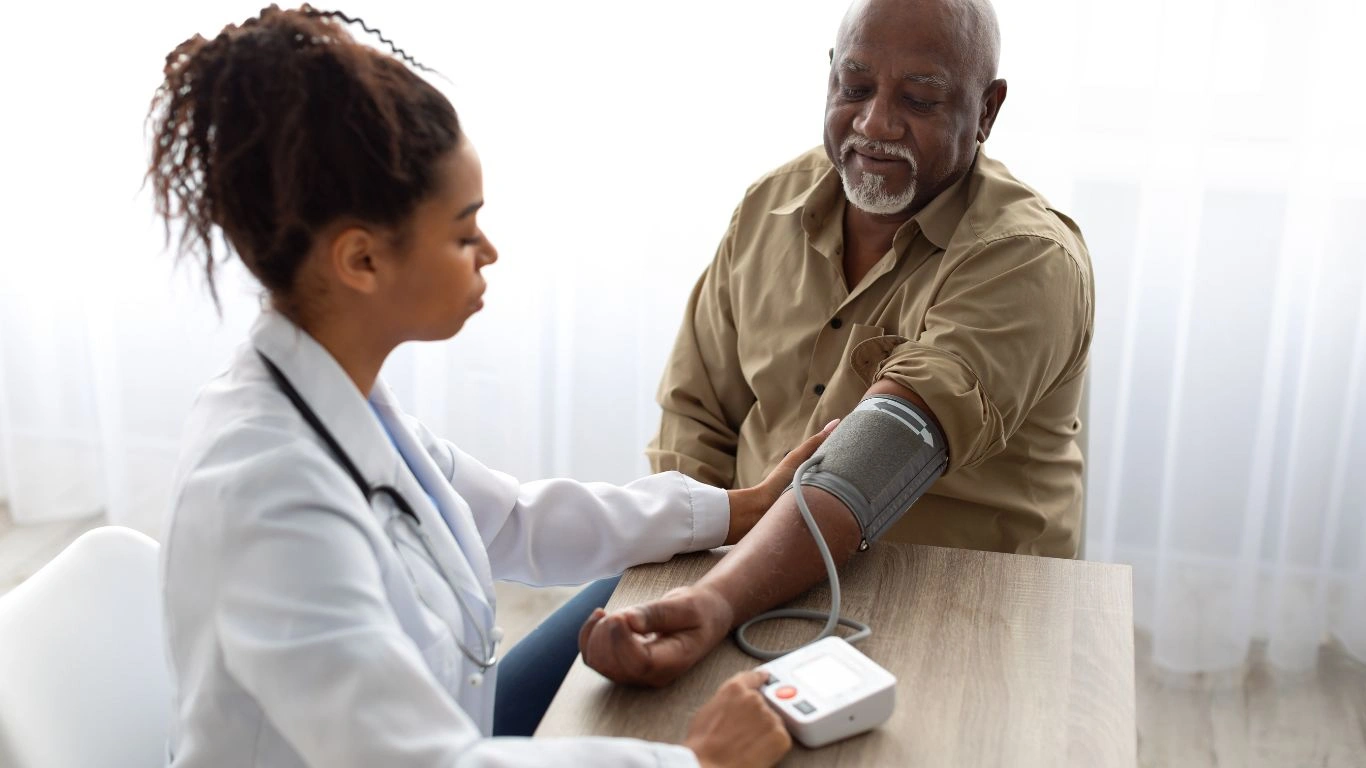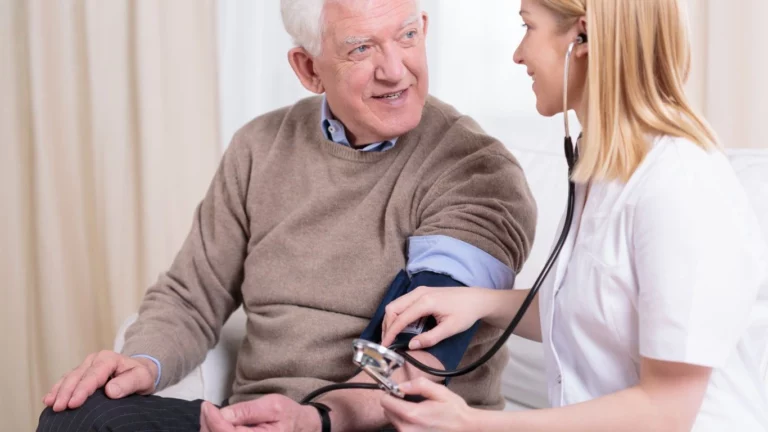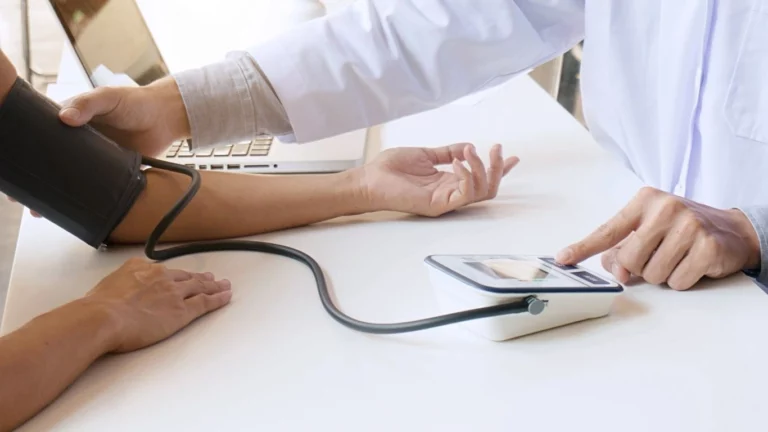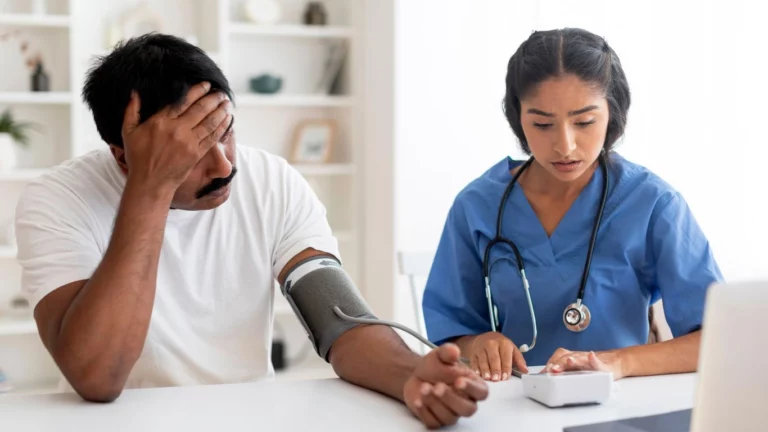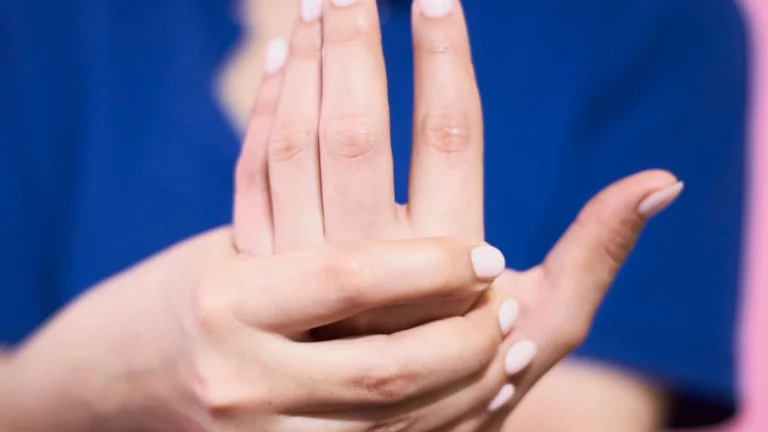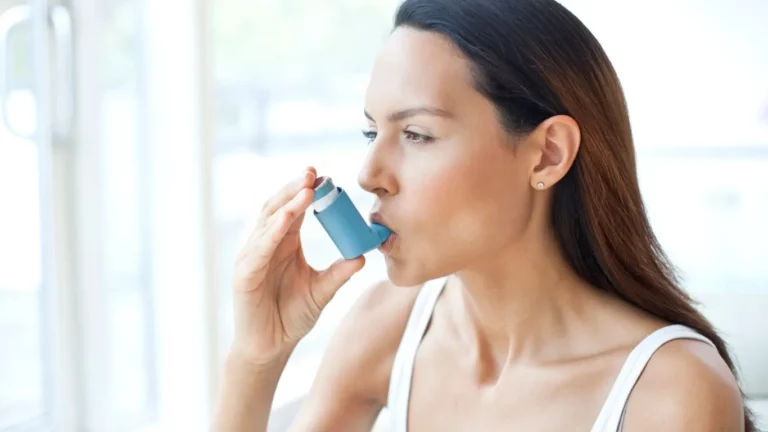High Blood Pressure and Frequent Urination: What Your Body’s Telling You
Hey there! If you’ve ever wondered about the connection between high blood pressure and frequent urination, you’re definitely not alone. As an Internal Medicine physician specializing in hypertension management, I’ve seen quite a few patients who come in puzzled, worried that their bathroom habits might signal something serious. The truth is, these two symptoms often go hand in hand, but the relationship isn’t always straightforward. So, let’s break it down in a way that makes sense—no confusing medical jargon, just real talk.
Understanding High Blood Pressure and Its Effects on Your Body

High blood pressure, or hypertension, is often called the “silent killer” because it can quietly damage your organs without obvious symptoms. When your blood pressure is elevated, it puts strain on your heart, kidneys, and blood vessels. Over time, this strain can cause complications, including changes in how your kidneys function.
From my years in the clinic, I’ve noticed that many patients underestimate how much their kidneys are affected by high blood pressure. These organs filter your blood and regulate fluid balance, which directly ties into how often you need to urinate. When blood pressure spikes, it can disrupt this delicate balance, sometimes leading to more frequent trips to the bathroom.
How High Blood Pressure Can Lead to Frequent Urination

So why exactly does high blood pressure cause frequent urination? The kidneys play a starring role here. Elevated pressure damages the small blood vessels in the kidneys, affecting their ability to filter waste and regulate fluids properly. When kidney function starts to decline, the body tries to compensate by flushing out excess fluids more often, resulting in frequent urination.
In addition to kidney damage, medications used to treat hypertension, such as diuretics (often called “water pills”), are designed to help your body get rid of extra sodium and water. This is a very common and intended side effect—making you pee more than usual. Many patients worry it’s a sign something worse is happening, but in most cases, it’s just the medication doing its job.
When Frequent Urination is a Red Flag
While frequent urination can be linked to high blood pressure or its treatment, it’s important to know when it might signal something more serious. For example, if you notice a sudden increase in urination coupled with:
- Excessive thirst
- Fatigue
- Swelling in your legs or feet
- Foamy or bloody urine
It’s time to get checked. These signs could point to kidney disease or even uncontrolled hypertension, both of which require prompt medical attention. In my experience, early detection makes a huge difference in managing these conditions effectively.
The Role of Lifestyle in Managing Both High Blood Pressure and Urination Issues
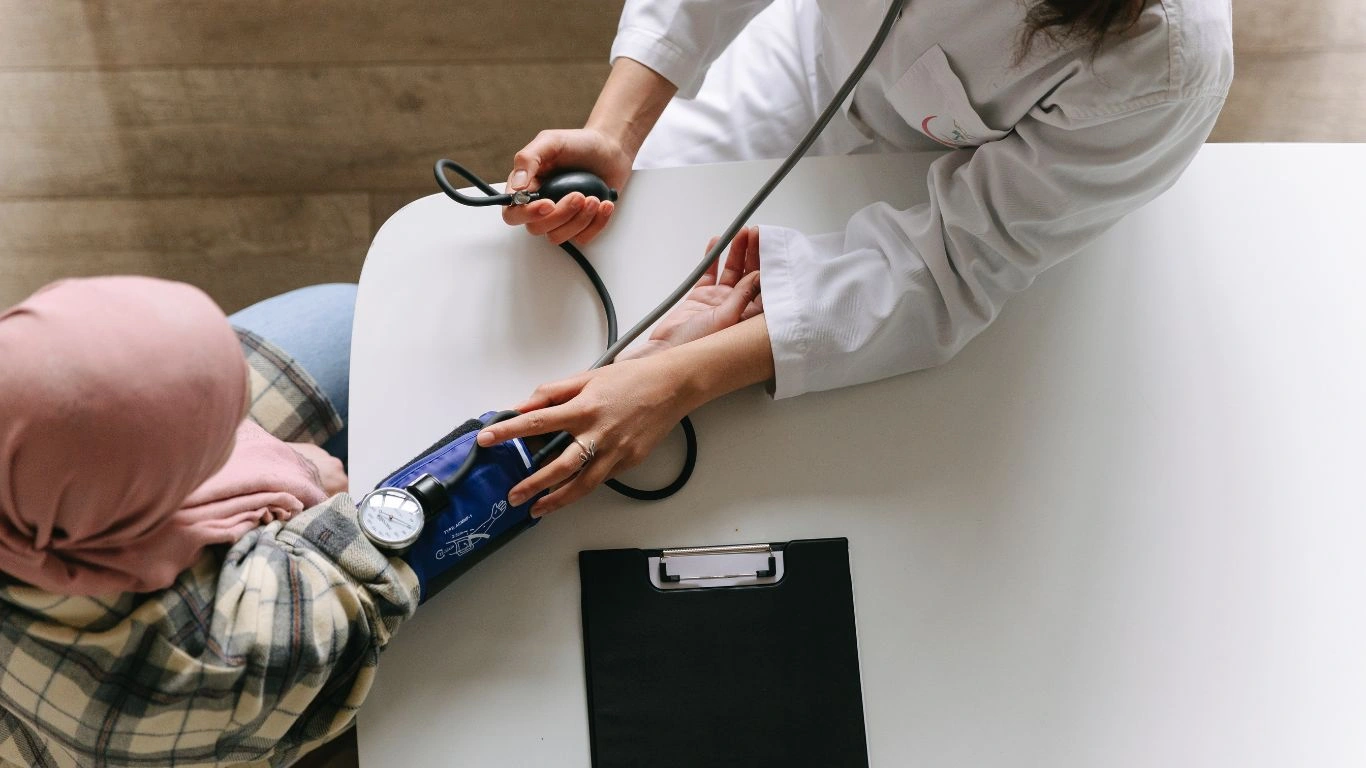
Here’s something I always tell my patients: managing high blood pressure and frequent urination isn’t just about popping pills. Lifestyle choices matter big time. Eating a balanced diet low in sodium, staying hydrated (but not overdoing it), regular exercise, and stress management all contribute to keeping your blood pressure—and your kidneys—in check.
In fact, I’ve had patients who were able to reduce their blood pressure significantly just by making simple changes like cutting back on salt, losing a few pounds, or walking regularly. And when their blood pressure improved, their urination frequency often normalized as well.
Tips for Keeping Your Blood Pressure and Urine Frequency in Balance
- Monitor your fluid intake: Drink enough water to stay hydrated but avoid excessive amounts, especially before bedtime.
- Limit caffeine and alcohol: Both can irritate your bladder and affect blood pressure control.
- Stick to your medication plan: Don’t skip doses or stop medications without talking to your doctor.
- Keep track of symptoms: Write down when you notice changes in urination or blood pressure readings to share with your healthcare provider.
Trust me, a little self-awareness goes a long way in managing these intertwined health concerns.
Medications: Helpful Allies or Hidden Culprits?
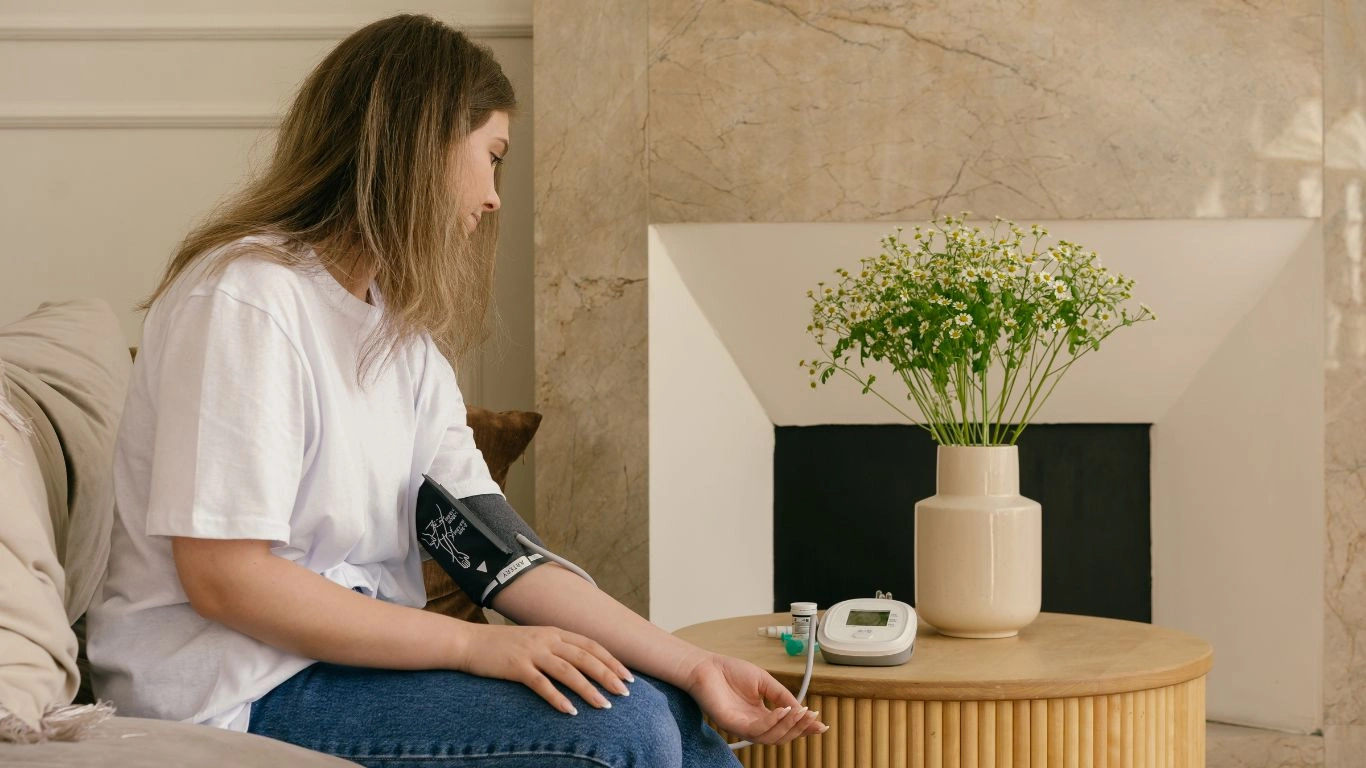
Now let’s talk about something that often trips people up—blood pressure medications. A lot of folks don’t realize how directly these meds can impact urination patterns. As someone who’s prescribed thousands of hypertension treatments over the years, I’ve seen everything from mild adjustments to full-on medication changes because a patient was running to the bathroom too often.
Diuretics, especially thiazides like hydrochlorothiazide, are the biggest players here. They’re super effective for lowering blood pressure because they help your body get rid of extra salt and fluid. But yep—you guessed it—that means more frequent urination. I usually tell my patients to take these meds early in the day to avoid those annoying midnight bathroom trips. Trust me, your sleep will thank you.
Other medications, like ACE inhibitors or calcium channel blockers, don’t have the same diuretic effect but can still influence kidney function and urine output in subtle ways. It’s all about balance. If the urination becomes bothersome or disrupts your daily life, don’t just stop the meds—talk to your doctor first. We can often tweak the timing or switch the medication altogether.
Nighttime Urination (Nocturia) and High Blood Pressure: What’s the Deal?
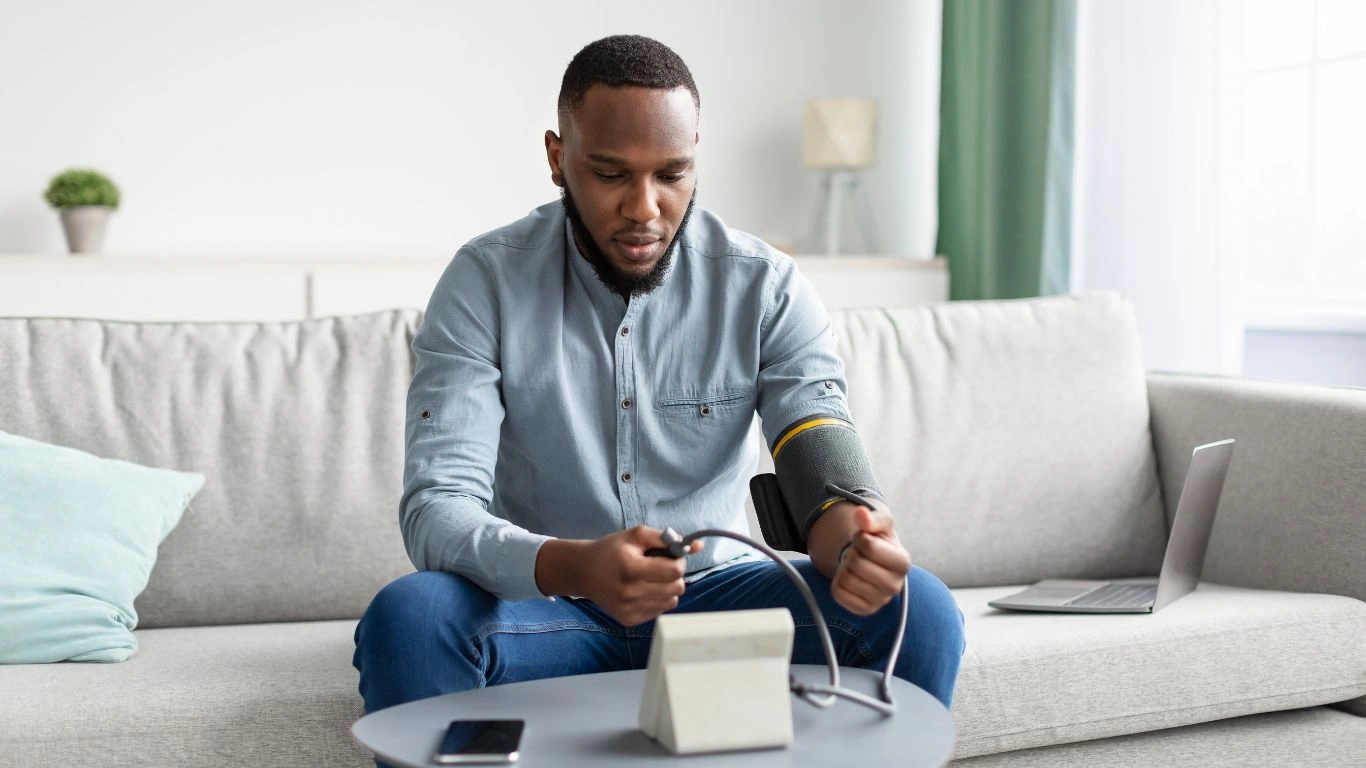
Let’s dive into one of the most common complaints I hear in clinic: waking up multiple times at night to pee. This condition—called nocturia—can be especially frustrating, and it’s more common than you might think among people with hypertension.
Here’s the kicker: high blood pressure, particularly if it’s not well-controlled, can shift the way your kidneys manage fluid. At night, when your body is supposed to slow down and rest, poorly regulated blood pressure can cause your kidneys to keep producing urine like it’s midday.
It’s not just the kidneys, either. As we age, the hormone that tells our body to concentrate urine (vasopressin) doesn’t work quite as effectively. Couple that with high blood pressure and you’ve got the perfect recipe for those annoying 2 a.m. bathroom runs. I always remind patients that while nocturia isn’t usually dangerous, it can seriously mess with your sleep and quality of life.
Tips to Ease Nighttime Urination
- Adjust your fluid intake: Try cutting off liquids 2–3 hours before bedtime, but don’t dehydrate yourself.
- Watch your salt intake: A high-sodium diet can lead to fluid retention during the day and increased urination at night.
- Check your meds: Some blood pressure medications are better taken in the morning.
- Elevate your legs: If you have swelling, try propping your legs up during the day to reduce fluid pooling that drains at night.
Small changes like these can make a huge difference. I’ve seen patients go from waking up three times a night to sleeping through peacefully just by making a few tweaks.
When to Dig Deeper: Ruling Out Other Causes

Okay, so what if you’ve got high blood pressure, you’re on meds, and you’re still peeing like crazy? It might be time to consider other possibilities. One of the first things I do in these cases is run some basic lab tests to check kidney function—especially glomerular filtration rate (GFR) and creatinine levels.
Another sneaky culprit? Uncontrolled diabetes. It’s one of the top causes of both hypertension and frequent urination. High blood sugar levels force your kidneys to work overtime, pulling extra fluid into your urine. If you’ve got both high blood pressure and an uptick in urination, especially paired with weight loss or fatigue, a blood glucose test is absolutely worth doing.
Other conditions we sometimes investigate include:
- Overactive bladder
- Urinary tract infections (UTIs)
- Prostate issues (in men, of course)
- Interstitial cystitis or bladder inflammation
As a doc, it’s my job to not just slap a label on symptoms, but to really look at the whole picture. And sometimes, it takes a bit of digging to figure out what’s really behind that extra urgency.
Real Talk from the Exam Room
I remember one patient—let’s call her Linda—who came in totally frustrated. Her blood pressure was well-managed, but she was still waking up three times a night to pee. We reviewed everything: meds, diet, fluids. Eventually, we found out she had untreated sleep apnea. Yep, that too can cause nighttime urination due to changes in heart and kidney function during sleep. Once we treated the apnea, her sleep (and bladder) finally settled down.
The takeaway? Don’t ignore frequent urination. It’s your body trying to tell you something. And if you’re managing high blood pressure, it’s worth paying attention to those signals so we can get to the root of it together.
Exploring the Link Between High Blood Pressure and Frequent Urination
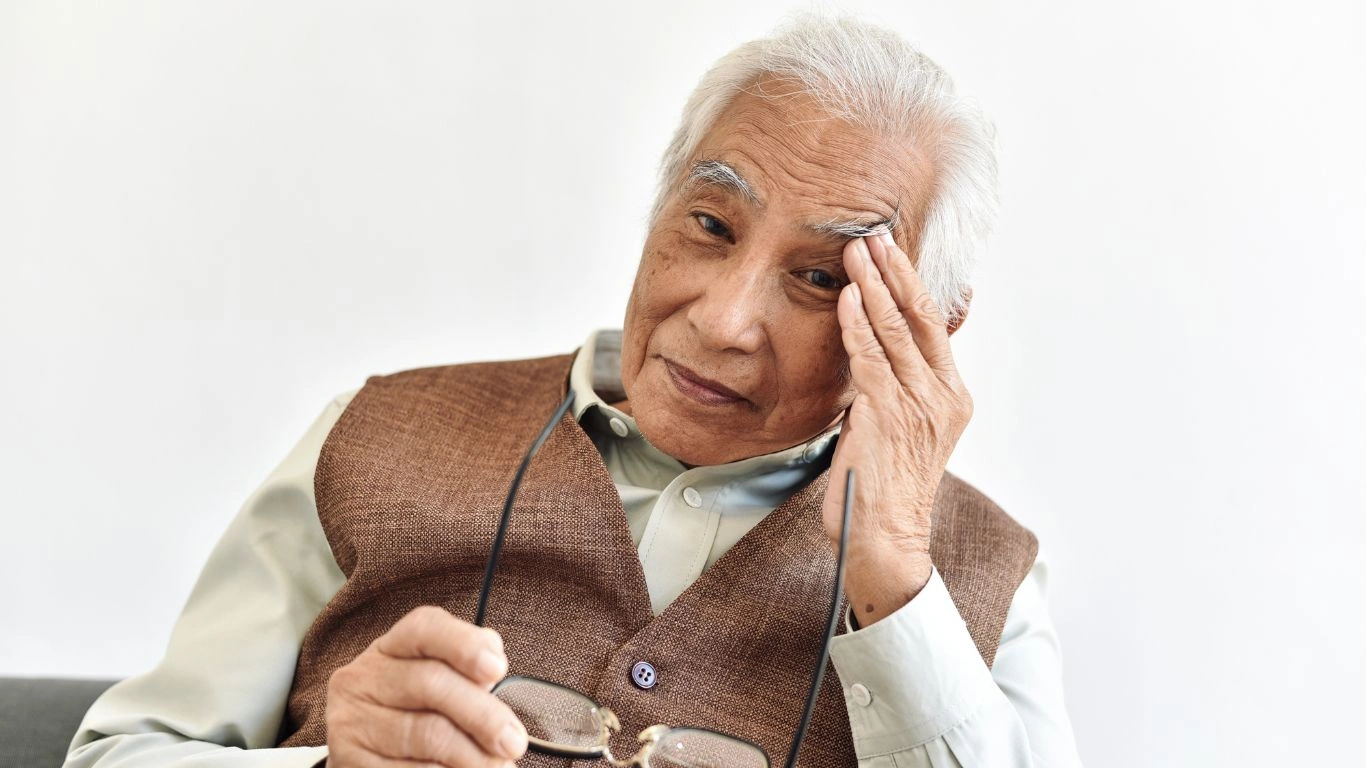
As we delve deeper into the connection between high blood pressure and frequent urination, it’s essential to consider underlying conditions that might be influencing both. One such condition is primary aldosteronism, also known as Conn’s syndrome. This condition involves the overproduction of aldosterone, a hormone that increases sodium retention and potassium excretion, leading to elevated blood pressure and, in some cases, increased urination. Recognizing and treating primary aldosteronism can significantly improve both blood pressure control and urinary symptoms.
Understanding Primary Aldosteronism
Primary aldosteronism is characterized by excessive secretion of aldosterone from the adrenal glands, leading to sodium retention, potassium loss, and water retention. This hormonal imbalance results in increased blood volume and, consequently, high blood pressure. Symptoms may include muscle weakness, fatigue, headaches, and frequent urination. Diagnosis typically involves measuring the aldosterone-to-renin ratio in the blood, and treatment options include surgical removal of adrenal tumors or medications like spironolactone to block aldosterone’s effects.
Strategies for Managing Nocturia in Hypertensive Patients
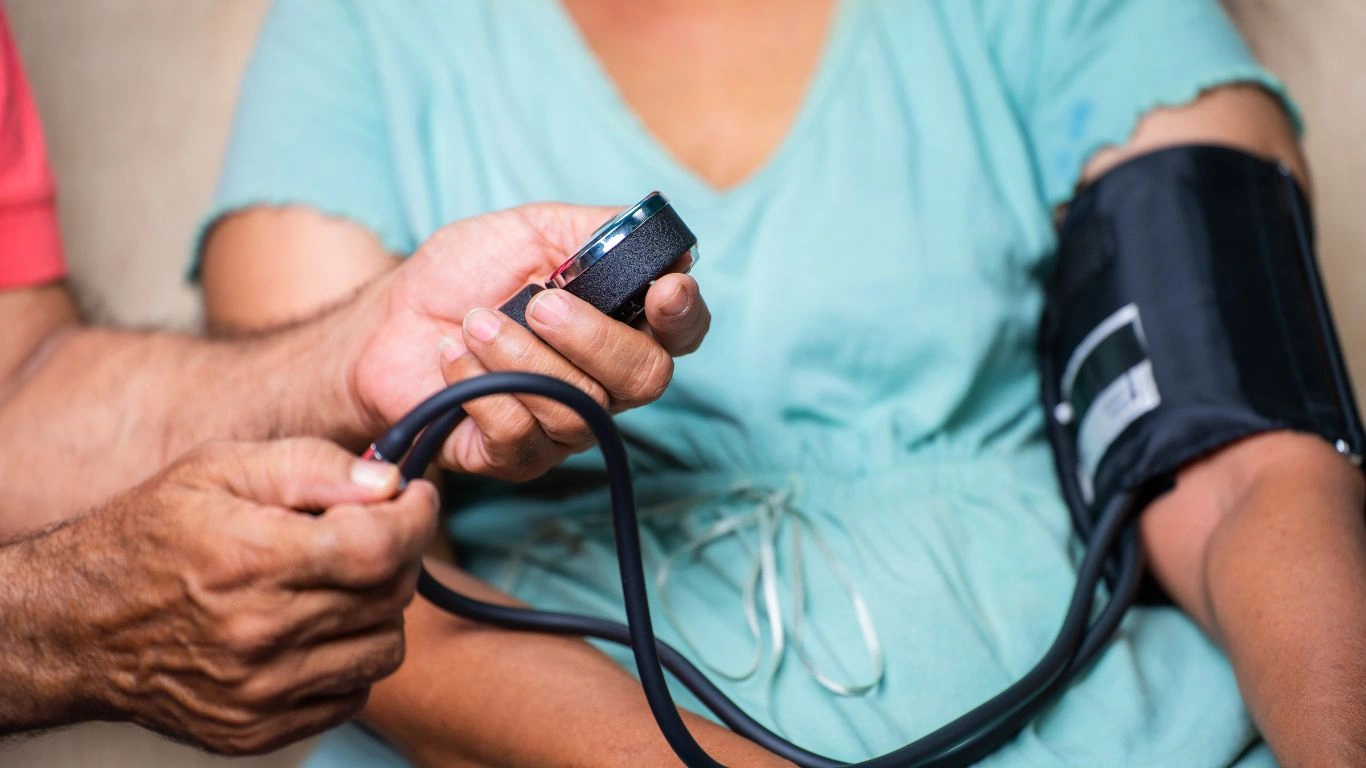
Addressing nocturia, or nighttime urination, is crucial for patients with hypertension, as it can disrupt sleep and overall quality of life. Here are some strategies that have proven effective:
- Adjusting Fluid Intake: Limiting fluid consumption in the evening, especially before bedtime, can reduce nighttime urination. However, it’s important to maintain adequate hydration during the day.
- Managing Salt Intake: Reducing dietary sodium can help control blood pressure and decrease fluid retention, potentially lessening nocturia episodes.
- Optimizing Medication Timing: Taking diuretics earlier in the day can prevent excessive urination at night. Consult your healthcare provider before making any changes to medication schedules.
- Elevating Legs During the Day: For individuals with leg edema, elevating the legs during the day can help redistribute fluids, reducing the need for nighttime urination.
- Addressing Sleep Apnea: Treating underlying sleep disorders like obstructive sleep apnea can improve both blood pressure control and nocturia symptoms.
Pharmacological Interventions
In cases where lifestyle modifications are insufficient, pharmacological treatments may be considered:
- Desmopressin: This synthetic hormone reduces urine production at night and can be effective for patients with nocturnal polyuria. It’s important to monitor sodium levels during treatment to prevent hyponatremia.
- Alpha-1 Blockers: Medications like tamsulosin can help relax bladder neck muscles, improving urine flow and reducing nocturia, particularly in men with prostate enlargement.
- Beta-3 Adrenergic Agonists: Drugs like vibegron can relax bladder muscles, increasing storage capacity and reducing urgency and frequency of urination.
Emphasizing the Importance of Comprehensive Management
Managing high blood pressure and frequent urination requires a comprehensive approach that addresses both lifestyle factors and underlying medical conditions. Regular monitoring, open communication with healthcare providers, and adherence to treatment plans are vital components of effective management. Remember, each individual’s situation is unique, and personalized care plans yield the best outcomes.
References
- Frequent urination at night may be a sign of hypertension
- Nocturia: Symptoms, Diagnosis & Treatment
- Frequent Urination: Causes, What It Means & How To Stop
- FDA approves first treatment for frequent urination at night due to overproduction of urine
- Primary aldosteronism
Disclaimer
This article is intended for informational purposes only and does not constitute medical advice. Always consult with a qualified healthcare professional regarding any medical concerns or conditions. The information provided is based on current research and clinical experience but may not apply to all individuals. Treatment decisions should be made in consultation with your healthcare provider.

Dr. Gwenna Aazee is a board-certified Internal Medicine Physician with a special focus on hypertension management, chronic disease prevention, and patient education. With years of experience in both clinical practice and medical writing, she’s passionate about turning evidence-based medicine into accessible, actionable advice. Through her work at Healthusias.com, Dr. Aazee empowers readers to take charge of their health with confidence and clarity. Off the clock, she enjoys deep dives into nutrition research, long walks with her rescue pup, and simplifying medical jargon one article at a time.

